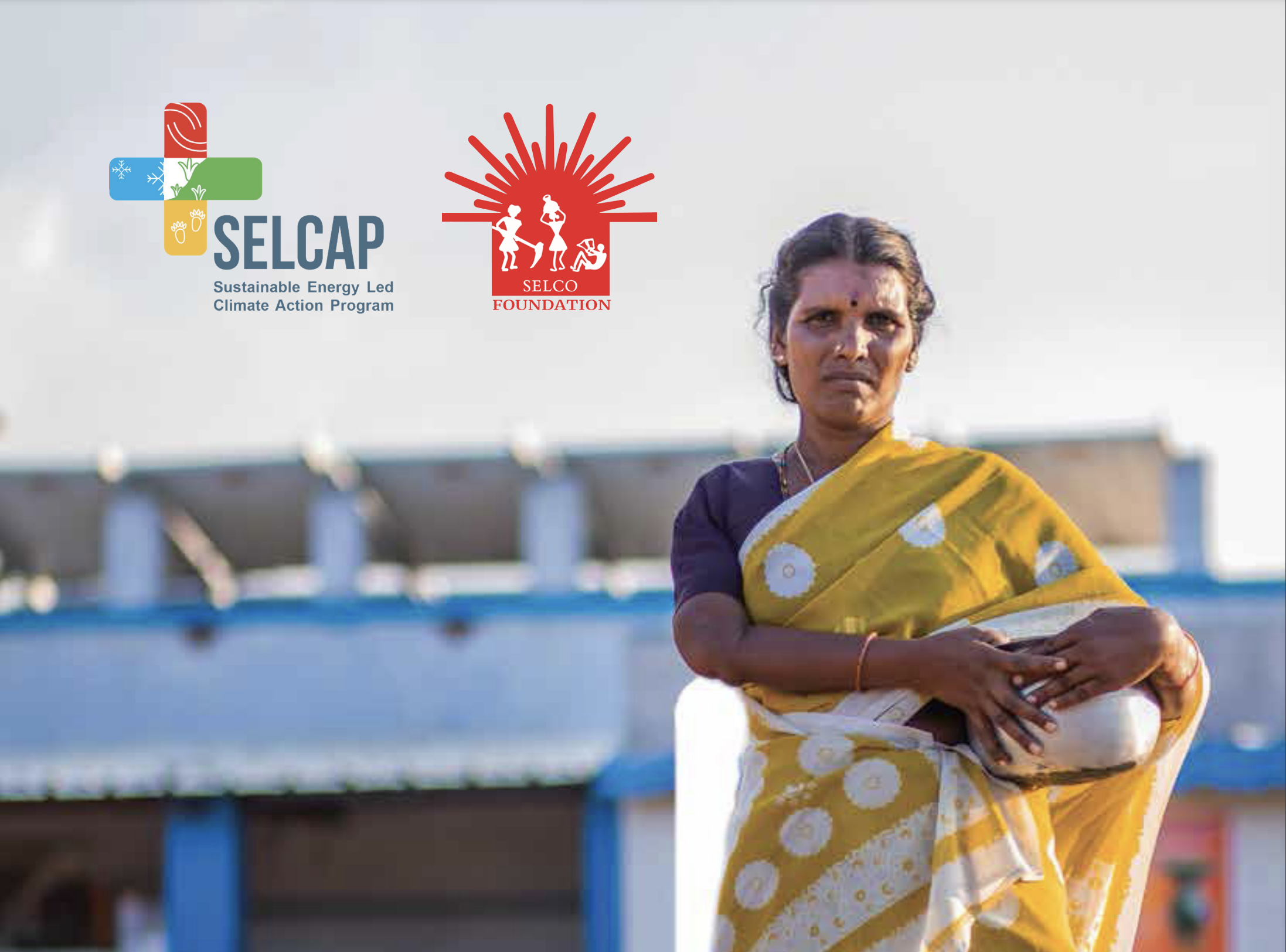The agenda of climate change, in the last decade, has moved from being a footnote to a primary heading. It was actual physical climate change damages and no amount of studies or modelling that helped the world move in a proclimate direction. Unfortunate weather-related large-scale disasters like repeated typhoons, mass flooding, multi-year droughts have forced governments, companies, policy makers and civil society to urgently develop environmentally focused narratives and strategies for their direct stakeholders. Many of the strategies underestimated the frequency and strengths of these disasters, thus bringing the urgency of tackling climate change issues to the front pages. The IPCC report states that climate-related risks to livelihoods, food security, health, water supply and human security are projected to increase as the planet warms by 1.5 degrees. With a 2-degree rise, the risks will further intensify, resulting in increased poverty. Poor communities are especially at risk, since they have limited access to healthcare, education and livelihoods, things that can help them cope with the economic and social shocks that threaten to keep them in perpetual poverty. Additionally, many reside in climatically vulnerable regions, or have livelihoods which are extremely vulnerable to climate change. As carbon emissions in the developing countries are rising, it is also leading to an increase in disparity in incomes. This emissions growth, with little choice, results primarily from energy use associated with economic development. For example, in India, Climate Change effects are now affecting all parts of the populations, with the poor being the hardest hit. Many parts of the population in the developing countries continue to have little or no access to clean and reliable energy, or are forced to rely on expensive dirty fuels for productive use. For this population to develop and meet their needs for well-being, health and livelihood, new energy pathways need to be designed. Due to lack of energy driven innovation, the use of energy can result in unoptimised and inappropriate solutions which result in higher expenses and a larger burden on the poor. Current approaches to developmental needs, when not seen through an energy lens are becoming contributors to climate risks.

